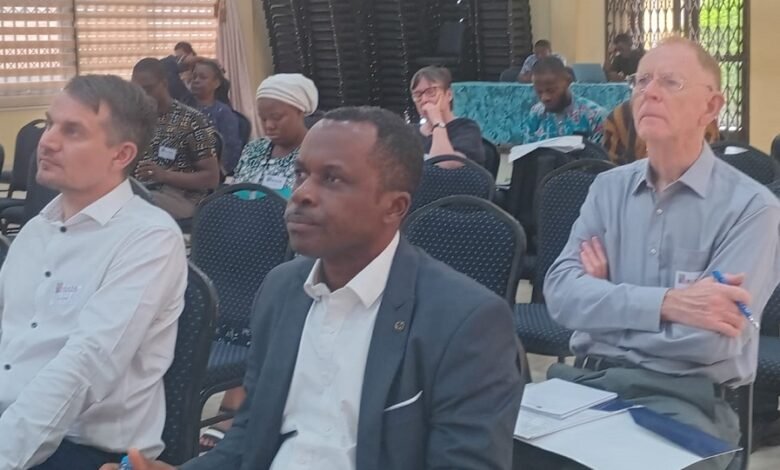
Ghana has been identified as one of four African countries that are well prepared to face the negative impact of climate change.
The identification is based on research conducted by the West African Science Service Centre on Climate Change and Adapted Land use (WASCAL) based on key indicators including political stability, infrastructure, road network, Information and Communication Technology (ICT), and land management systems.
The Executive Director of WASCAL, Professor Emmanuel Wendsongre Ramde, disclosed this in an interview with the Ghanaian Times in Accra yesterday after a panel discussion on the topic “Countering violent extremism on changing climate.”
The discussion formed part of a two-day conference organised by Merian Institute for Advanced Studies in Africa (MIASA) at the University of Ghana, Legon.
The conference, which was sponsored by the German Federal Ministry of Education and Research, was on the theme: ‘Dealing with conflict, preparing for sustainable peace: Current research and its policy implications.’
He explained that after compiling all relevant data on the key indicators in the whole of West Africa, the performance of Ghana was very impressive, which made the country well prepared to face the negative impact of climate change.
“At WASCAL, we are conducting some research and providing advisory services to the various governments. One of the researches we have done is to look at how African countries are prepared to face the negative impact of climate change,” Prof. Ramde elaborated.
“Over all, out of the 15 countries, we have four countries that are relatively better prepared to face the negative impact of climate change, and Ghana is part of those four countries,” he added.
That notwithstanding, Prof. Ramde underscored the need to improve on early warning and response systems to help African countries adequately address issues of climate change and its negative impact.
He said that although African countries contributed less amount to the emission of greenhouse gases globally, it was important for African countries to collaborate with countries that were known for emitting a higher percentage of greenhouse gases in addressing climate change issues.
This, he noted, was necessary as the continent remained the most vulnerable to climate change and did not have the required financial capacity to adequately address issues of climate change
“Africa accounts for less than or about 3 per cent of the greenhouse gas emissions globally. So what it simply means is that in terms of shared responsibilities, we contributed less. But now, we are the most vulnerable continent when it comes to the adverse effects of climate change. And that is where the dialogue has to take place,” Prof Ramde outlined.
“We are talking about loss and damages, and to repair those losses and damages is capital intensive, which we don’t have as a continent. That is where we need to sit down with those who have the means and have contributed much into the greenhouse gases and see how compensation formulas can be put in place”, he added.
BY BENJAMIN ARCTON-TETTEY








